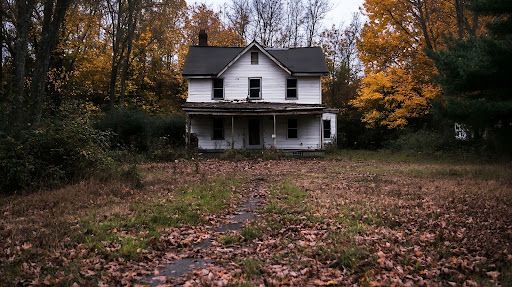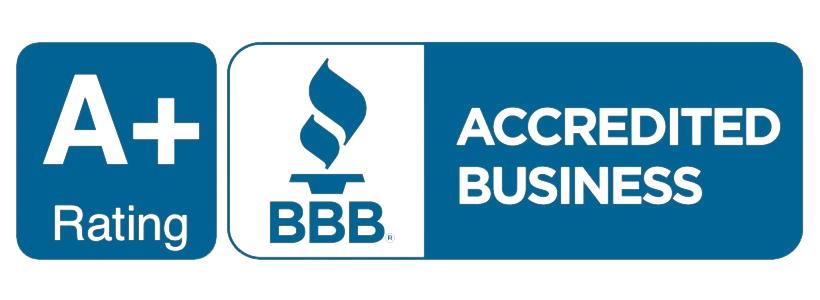Understanding Quad Cities: Economic Growth and Real Estate Impact
The Quad Cities area, a vibrant region split between Illinois and Iowa along the Mississippi River, serves as a fascinating case study for examining the relationship between economic health and real estate markets. This nexus of cities has experienced varied economic fortunes over the years, shaped by its industrial base, new investment projects, and the broader economic landscape. These factors not only influence job market stability but also directly impact the value and attractiveness of local real estate, making it imperative for homeowners and investors to stay informed about these dynamics.
Key Industries Driving the Quad Cities Economy
Historically, the economy of the Quad Cities has been heavily reliant on manufacturing, with giants like John Deere playing a pivotal role. However, the economic base has diversified significantly in recent decades.
Manufacturing
Despite the global decline in manufacturing jobs, this sector remains a cornerstone of the Quad Cities economy. Innovations in agricultural technology and machinery, spearheaded by local industry leaders, continue to fuel employment and economic stability in the area.
Aerospace and Defense
The presence of the Rock Island Arsenal, a major U.S. Army installation, has made defense another critical component of the local economy. This sector's stability provides a consistent influx of federal dollars and supports numerous ancillary jobs in private defense contracting and related services.
Healthcare and Education
Healthcare and educational institutions are increasingly significant employers in the Quad Cities, contributing to both job creation and real estate demand. The growth in these sectors, driven by an aging population and increasing local enrollment in higher education, boosts the local economy and underpins the residential real estate market.
The Influence of Economic Factors on Real Estate
The interplay between the economic health of the Quad Cities and its real estate market is pronounced, with several economic indicators directly influencing property values.
Job Market Stability
A stable job market, fueled by the robust manufacturing, defense, and healthcare sectors, typically leads to increased demand for housing. Employment stability encourages homeownership, reduces foreclosure rates, and attracts new residents seeking jobs, all of which buoy property values.
Large-Scale Investment Projects
Recent infrastructural developments and commercial projects signal a healthy investment climate in the Quad Cities. These projects not only improve local amenities and quality of life but also tend to increase the desirability of nearby residential areas, pushing up home values.
Economic Forecasts
Anticipation of economic growth, informed by forecasts about industry trends and investment plans, often leads to speculative real estate buying which can drive up home prices. Conversely, negative economic forecasts can lead to stagnation or declines in property values.
Real Estate Market Trends in the Quad Cities
The real estate market in the Quad Cities reflects its economic vibrancy and the impact of its principal industries.
Residential Real Estate
The stability in manufacturing and an influx of professionals in the healthcare and education sectors have kept the residential real estate market relatively stable. Additionally, the region's affordable cost of living compared to national averages makes it an attractive place for first-time homebuyers and real estate investors alike.
Commercial Real Estate
Commercial real estate in the Quad Cities is poised for growth, particularly in areas proximate to new or expanded industrial facilities and business parks. Retail spaces and office buildings are also seeing renewed interest as the local economy diversifies.
Future Outlook and Implications for Homeowners
Understanding the economic trends and their impacts on real estate can equip homeowners and potential buyers with the knowledge to make informed decisions.
For Homeowners
Current homeowners in the Quad Cities can be cautiously optimistic about the value of their investments, particularly if they are located near economic or infrastructural developments. Keeping an eye on local economic news can provide early indications of shifts that might affect property values.
For Potential Buyers
Prospective buyers, especially those looking to enter the market, should consider the sectors driving the local economy and choose properties in areas that are likely to benefit from ongoing or future economic stability. Areas near major employers or in growing industries are typically good bets for sustained demand and value appreciation.
By maintaining a close watch on the economic pulse of the Quad Cities, both residents and investors can navigate the real estate market more skillfully. The region's unique position, straddling two states and hosting a diverse industrial base, offers both challenges and opportunities. With careful analysis and strategic planning, stakeholders can capitalize on the economic trends that shape this dynamic market. Fostering an understanding of these dynamics is crucial for anyone looking to invest, reside, or do business in the Quad Cities, ensuring they are well-placed to adapt to the ever-evolving economic landscape.
Ready to make your next move in the Quad Cities' booming real estate market? Whether buying your dream home or selling your property, our team of experts is here to guide you every step of the way. Learn more about how we can help you navigate this dynamic market. Contact us today to get started.













